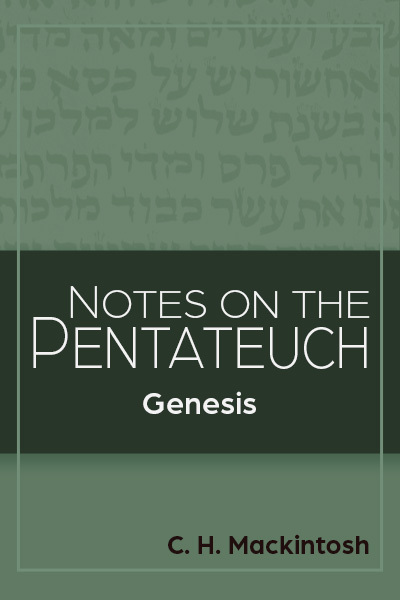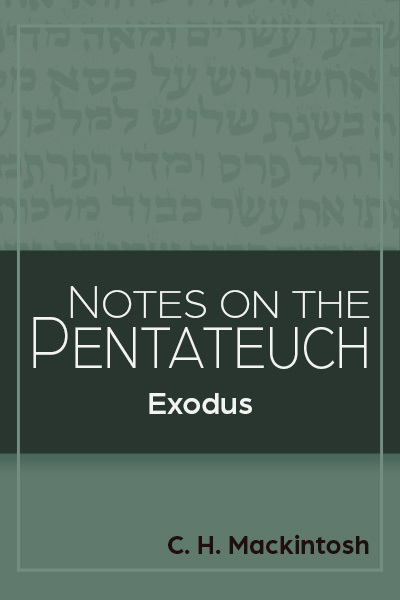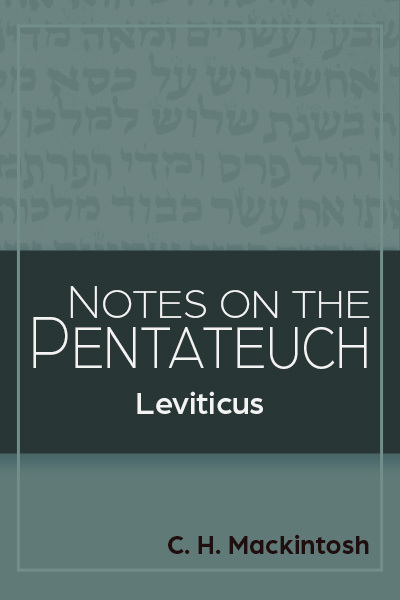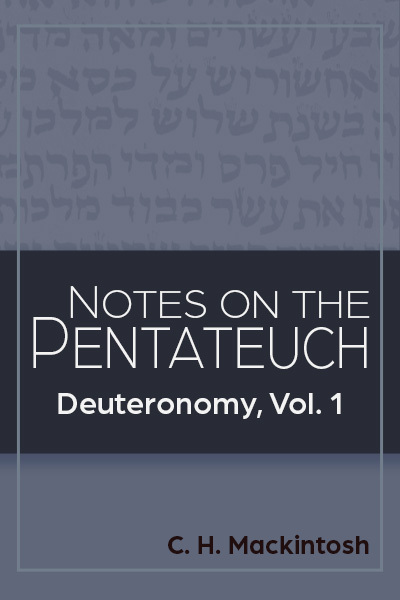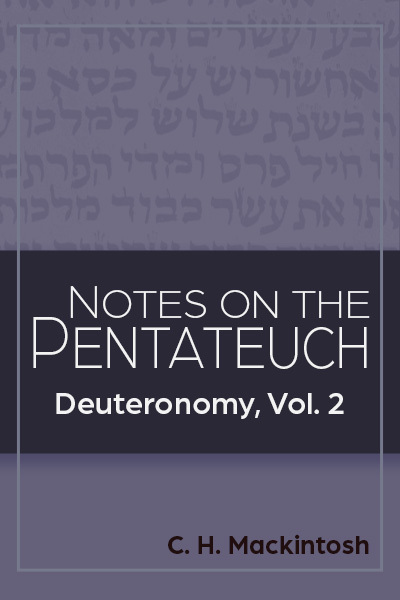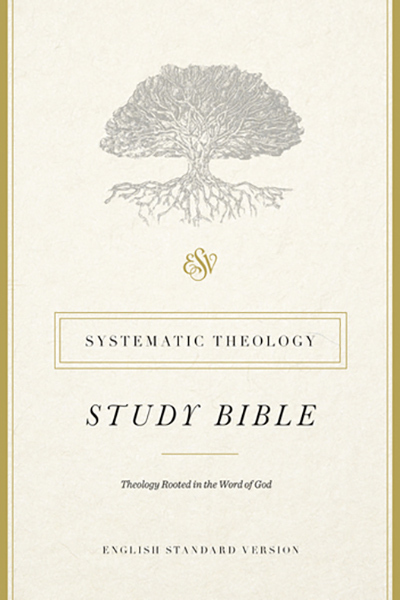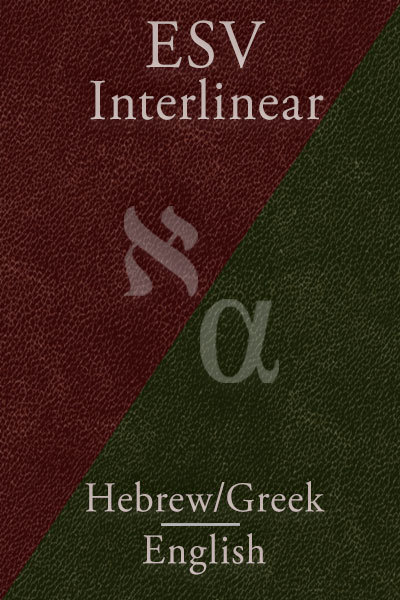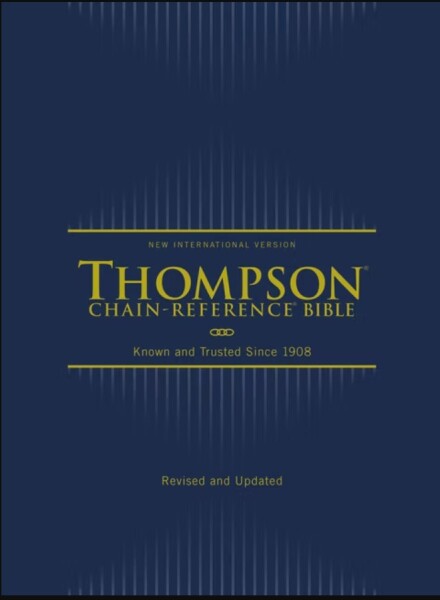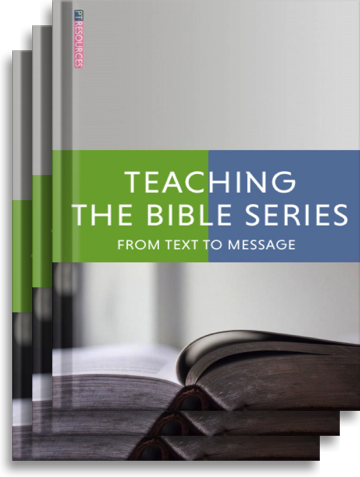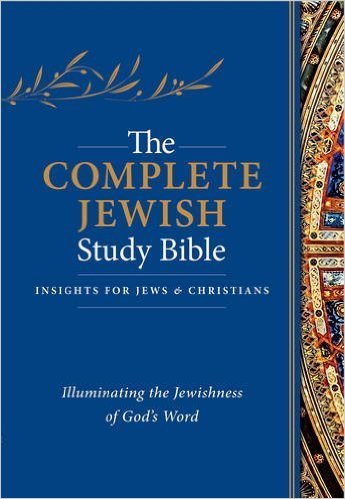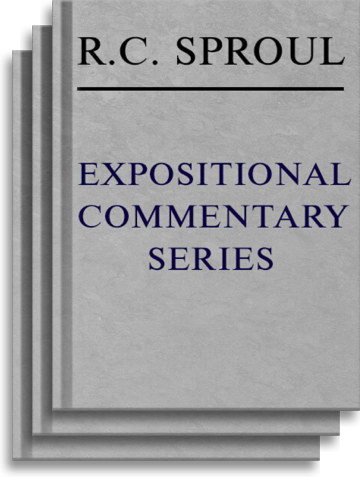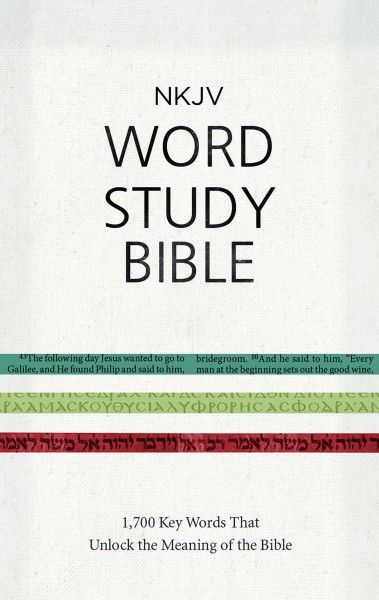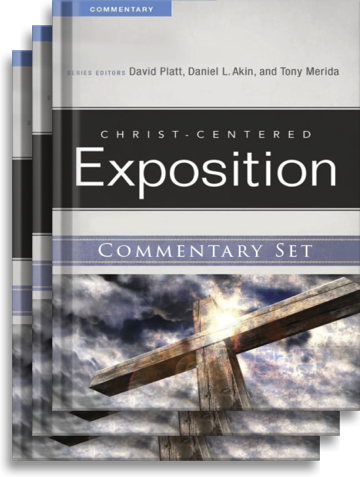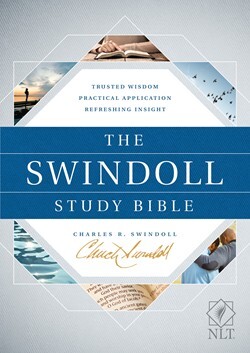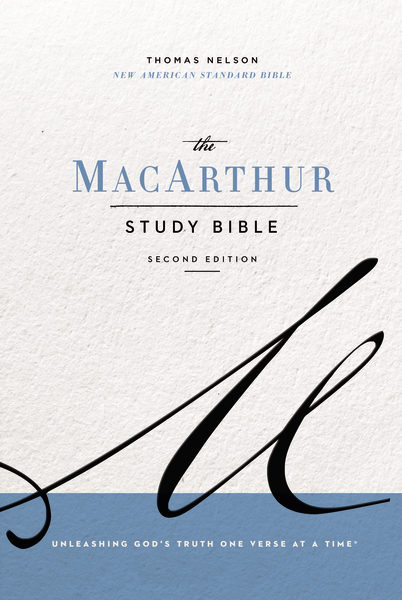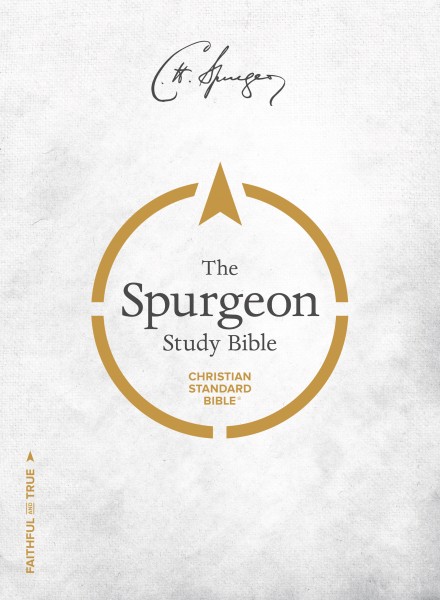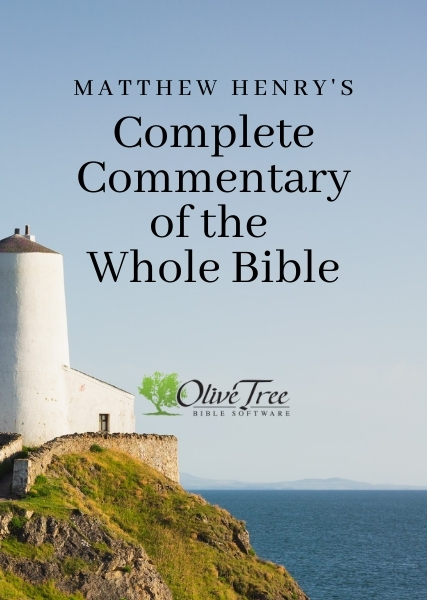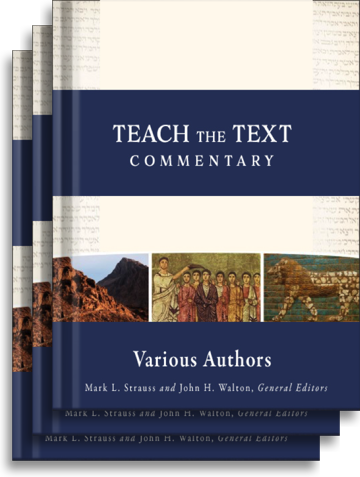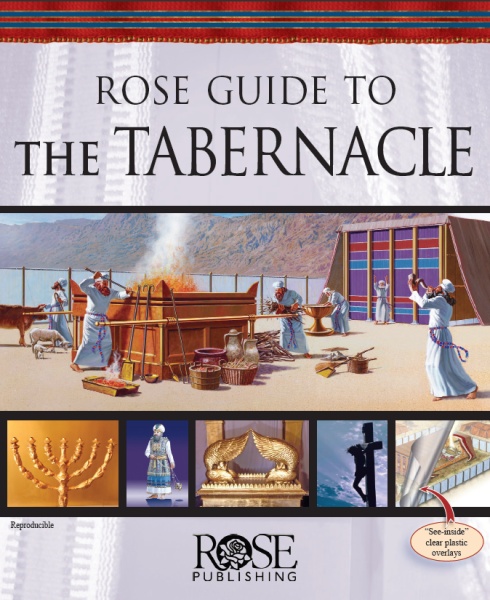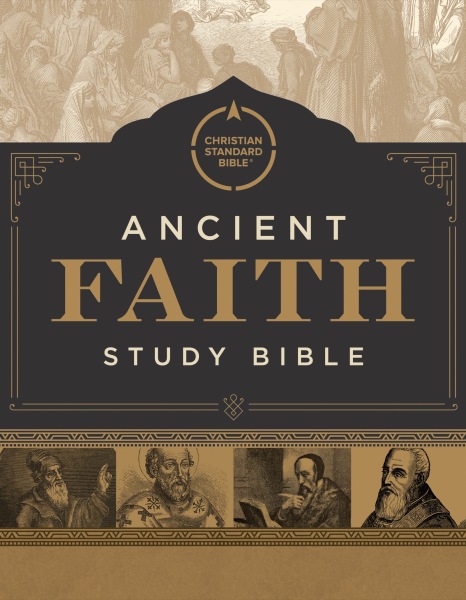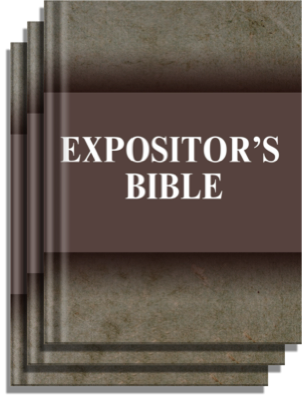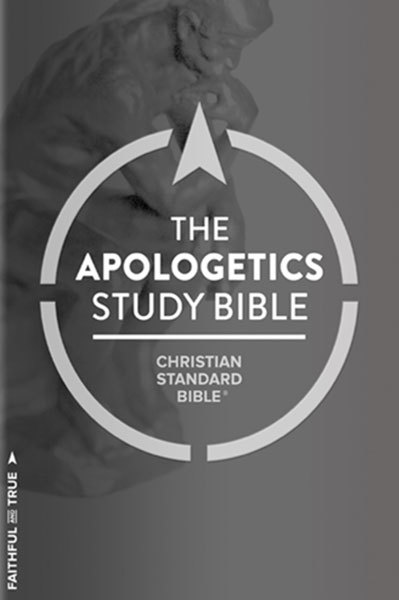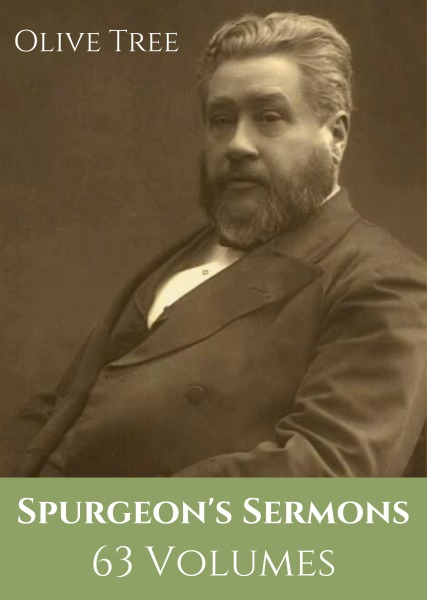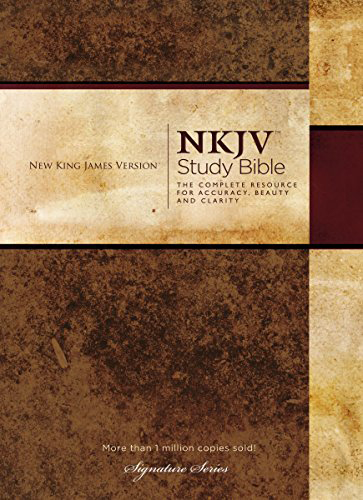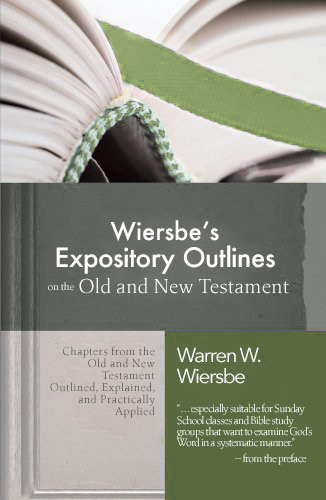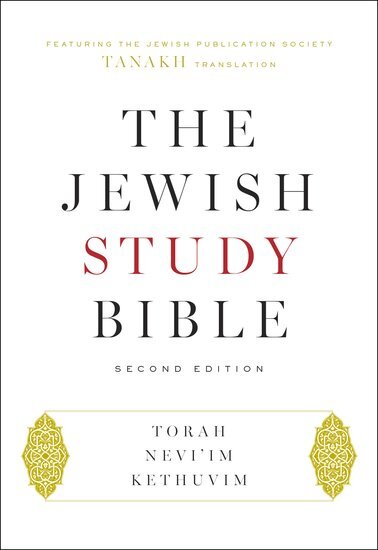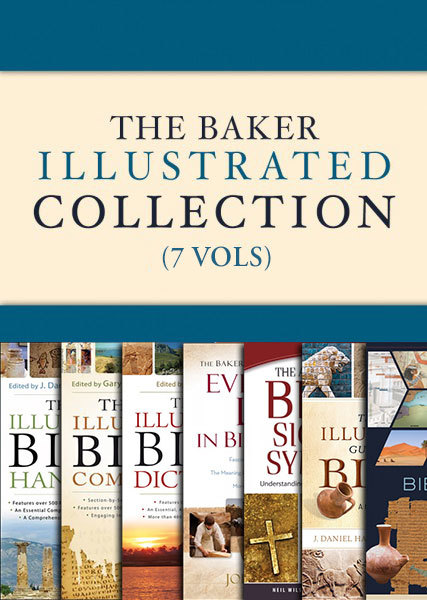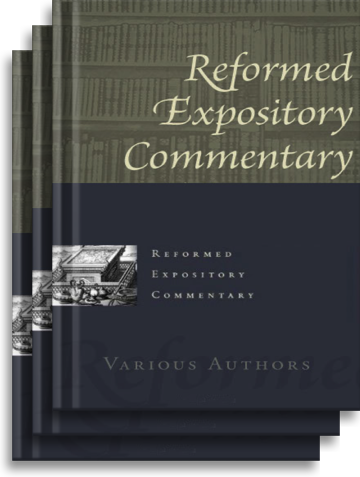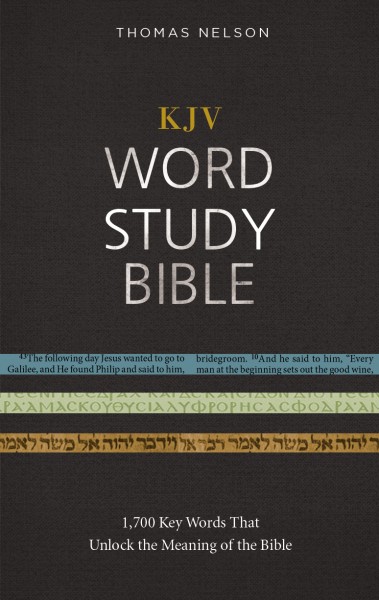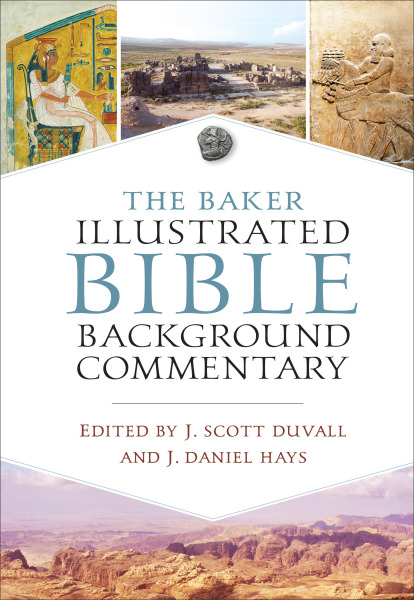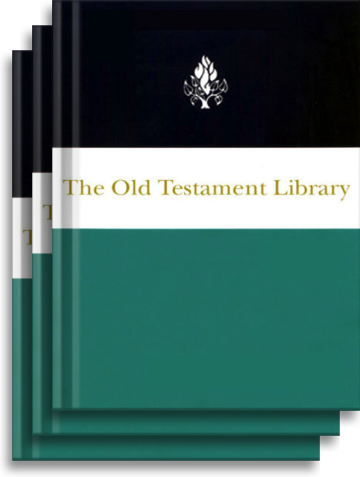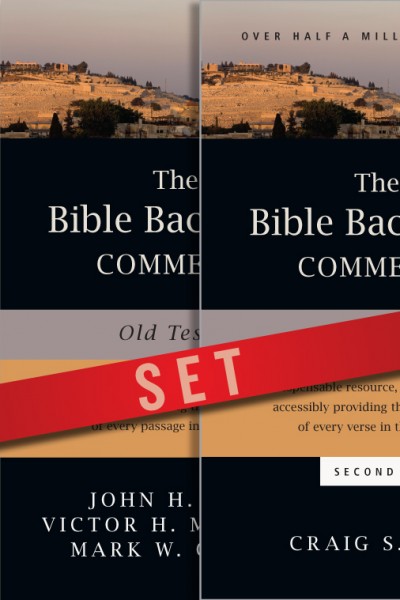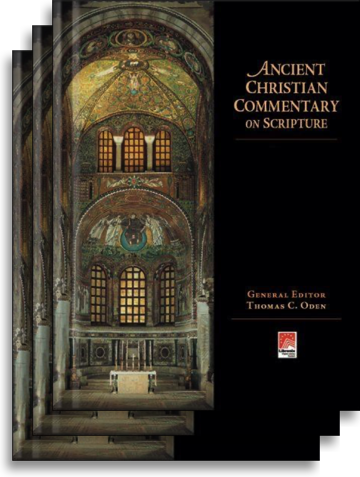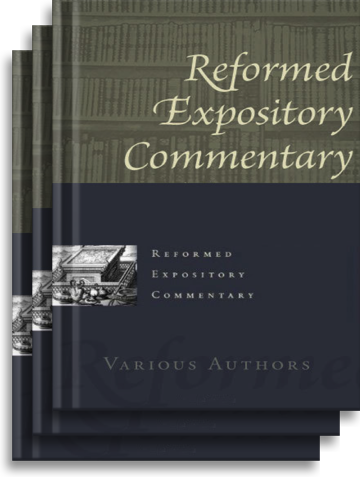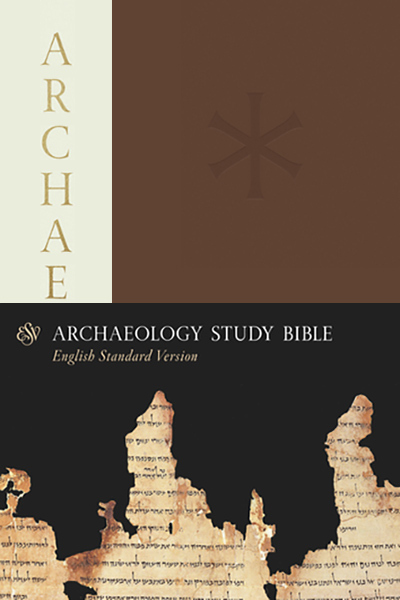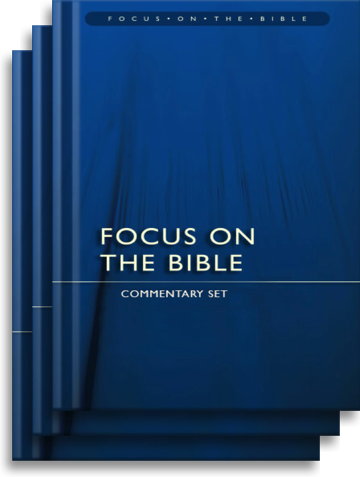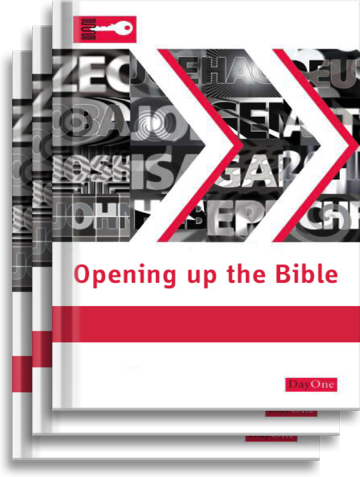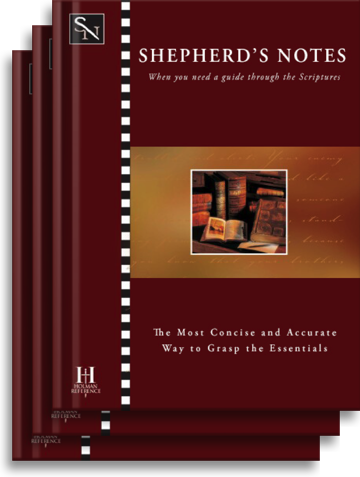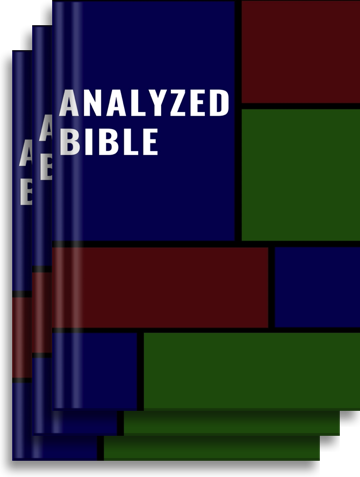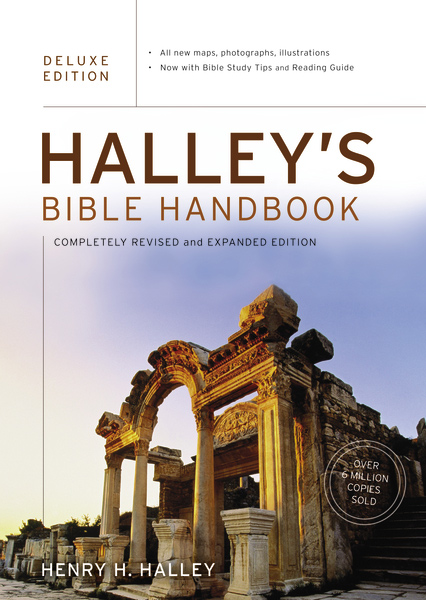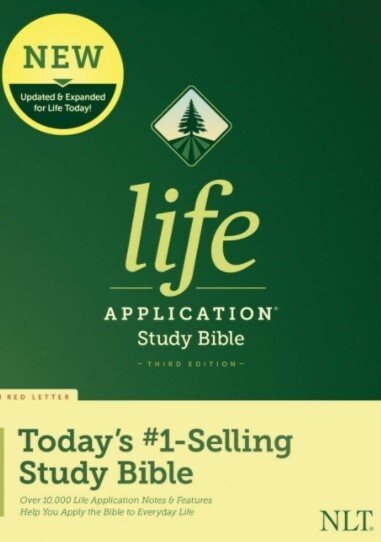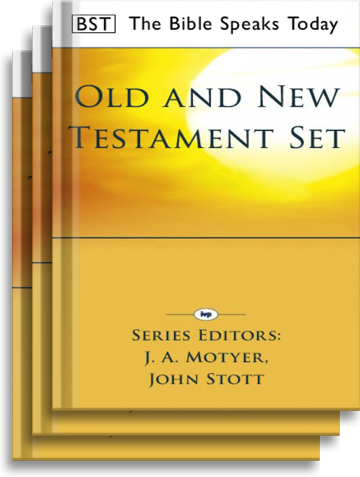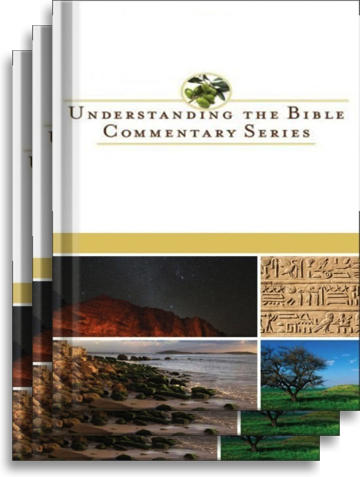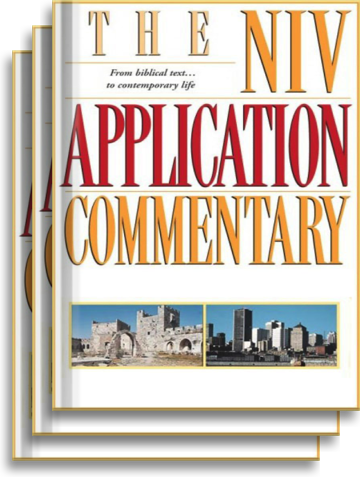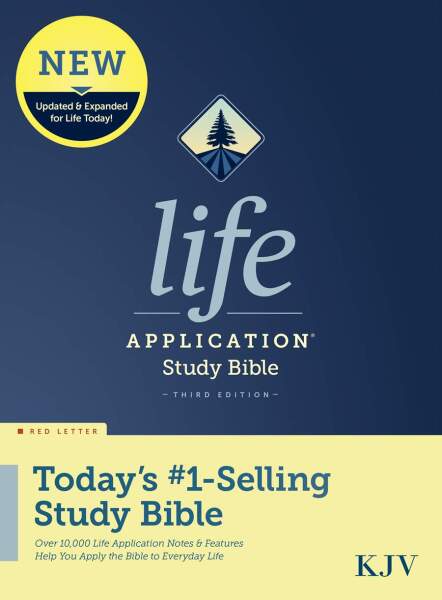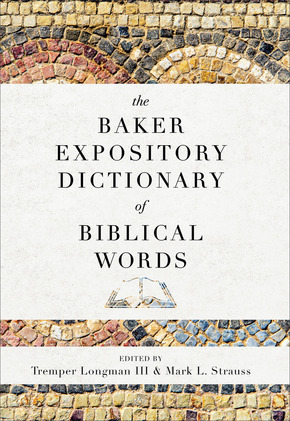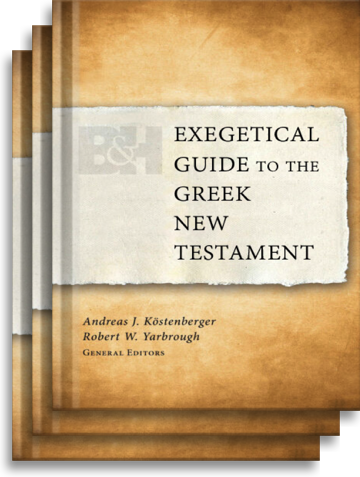

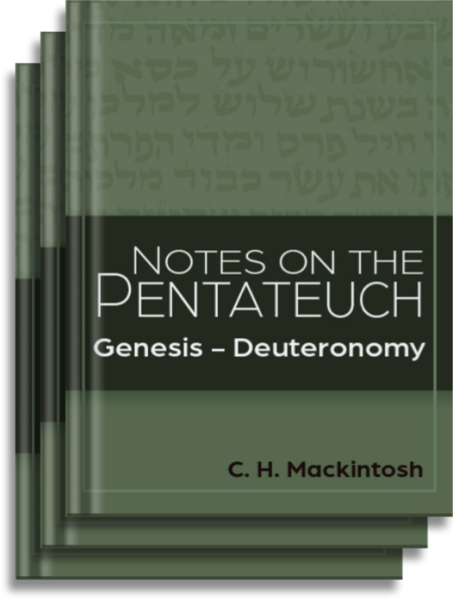
C. H. Mackintosh: Notes on the Pentateuch (6 Vols.)

C. H. Mackintosh: Notes on the Pentateuch (6 Vols.)
C. H. Mackintosh was a mid-19th century writer associated with the Plymouth Brethren in Dublin, Ireland. Initially a school-master, he established a periodical aimed at young readers, Good News for Young and Old and some pages for the Little Ones. Called to full-time teaching and writing in 1853, his best-known and most enduring work would be the Notes on the Pentateuch, covering the first five books of the Bible.
Mackintosh wrote, in the preface of the fourth edition of the work:
It is an unspeakable privilege to be permitted in any small degree to minister to the souls of those who are so precious to Christ. "Lovest thou me?... Feed my sheep." Such were the touching words of the departing Shepherd; and, assuredly, when they fall powerfully upon the heart, they must rouse all the energies of one's moral being to carry out, in every possible way, the gracious desire breathed therein. To gather and to feed the lambs and sheep of the flock of Christ are the most exalted services in which any one can be engaged. Not a single honest effort put forth for the achievement of such noble ends will be forgotten in that day "when the Chief Shepherd shall appear."
Mackintosh's influence was felt even beyond Brethren circles. D. L. Moody would endorse Mackintosh's writings by noting that, other than the Bible, he would part with his entire library in exchange for Mackintosh's writings.
Charles Henry Mackintosh (1820-1896), the son of a Highland Regiment officer, became a Christian at the age of 18. Moving to Dublin, Ireland he joined the Plymouth Brethren. Founding a school, and later farming, in 1853 he felt the call to full-time Christian service, including writing and teaching.
